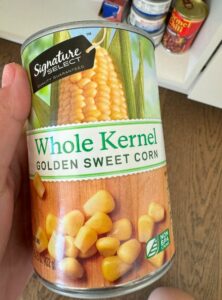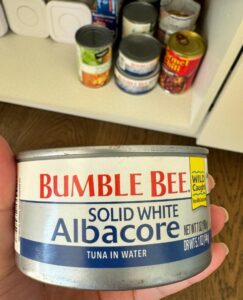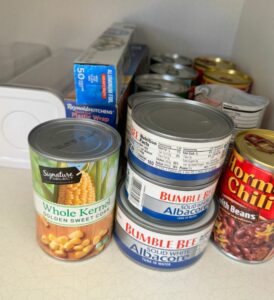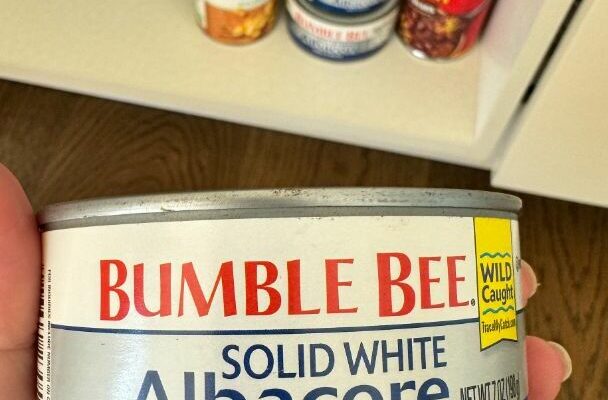“Best by” labels can be a source of confusion for many consumers. These dates are often found on various food products, including canned goods. However, it’s important to understand that “best by” dates are not strict expiration dates. Instead, they indicate the manufacturer’s estimate of when the product is at its peak quality.
This article will specifically explore the use of canned foods, such as corn, green beans, and tuna, beyond their “best by” dates and provide guidelines on how long you can safely use them.
Understanding ‘Best By’ Dates
“Best by” dates are not a guarantee of food safety, but rather a suggestion for when the product is expected to be at its freshest and most flavorful. In the case of canned foods, this means that even after the “best by” date has passed, the food may still be safe to consume if stored properly.
Canned Corn
Canned corn is a pantry staple for many households. The good news is that canned corn can often be used safely for an extended period beyond the “best by” date. If the can is undamaged and properly stored in a cool, dry place, canned corn can remain safe to eat for up to 1-2 years past its “best by” date. However, the quality, texture, and flavor may gradually deteriorate over time.

To make sure canned corn is safe to consume, inspect the can for any signs of damage, such as bulging, rust, or leaks. If the can is compromised in any way, do not use the product.
Canned Green Beans
Canned green beans are another common pantry item. Similar to canned corn, these vegetables can also be safe to use past their “best by” date. Properly stored canned green beans can remain good for consumption for up to 1-2 years past the indicated date. The quality may decline over time, with a potential loss of texture and flavor.
Always check the can for any damage before use. If the can appears to be damaged or compromised, err on the side of caution and discard the product.
Canned Tuna
Canned tuna is a versatile and protein-rich food item. When stored correctly, canned tuna can be safe to eat for an extended period beyond the “best by” date. Typically, canned tuna can remain safe for consumption for up to 3-5 years past the “best by” date.

However, the quality of canned tuna may degrade over time. It’s essential to examine the can for any signs of damage or deterioration before using it. Additionally, be mindful of any changes in odor, texture, or appearance when opening the can. If the tuna smells off, has an unusual texture, or looks suspicious, it’s best to discard it.
Storage Tips
To maximize the shelf life of canned foods, follow these storage tips:
Keep canned goods in a cool, dry place away from direct sunlight and temperature extremes.
Store cans in an upright position to prevent damage to the seals.

Rotate your canned food stock by placing newer purchases at the back and using older items first.
Avoid denting or damaging cans, as this can compromise their seal and safety.
Consider transferring any leftover canned food to a sealed container and refrigerating it for short-term storage.
Final Thoughts
In summary, “best by” dates on canned foods are not strict expiration dates but rather suggestions for peak quality. Canned corn, green beans, and tuna can often be used safely for an extended period beyond their “best by” dates, provided they are stored correctly and show no signs of damage or spoilage. Always use your best judgment, and when in doubt, discard any canned product that appears compromised or has an unusual odor, texture, or appearance. Proper storage and regular inspections can help you make the most of your canned goods and reduce food waste.



